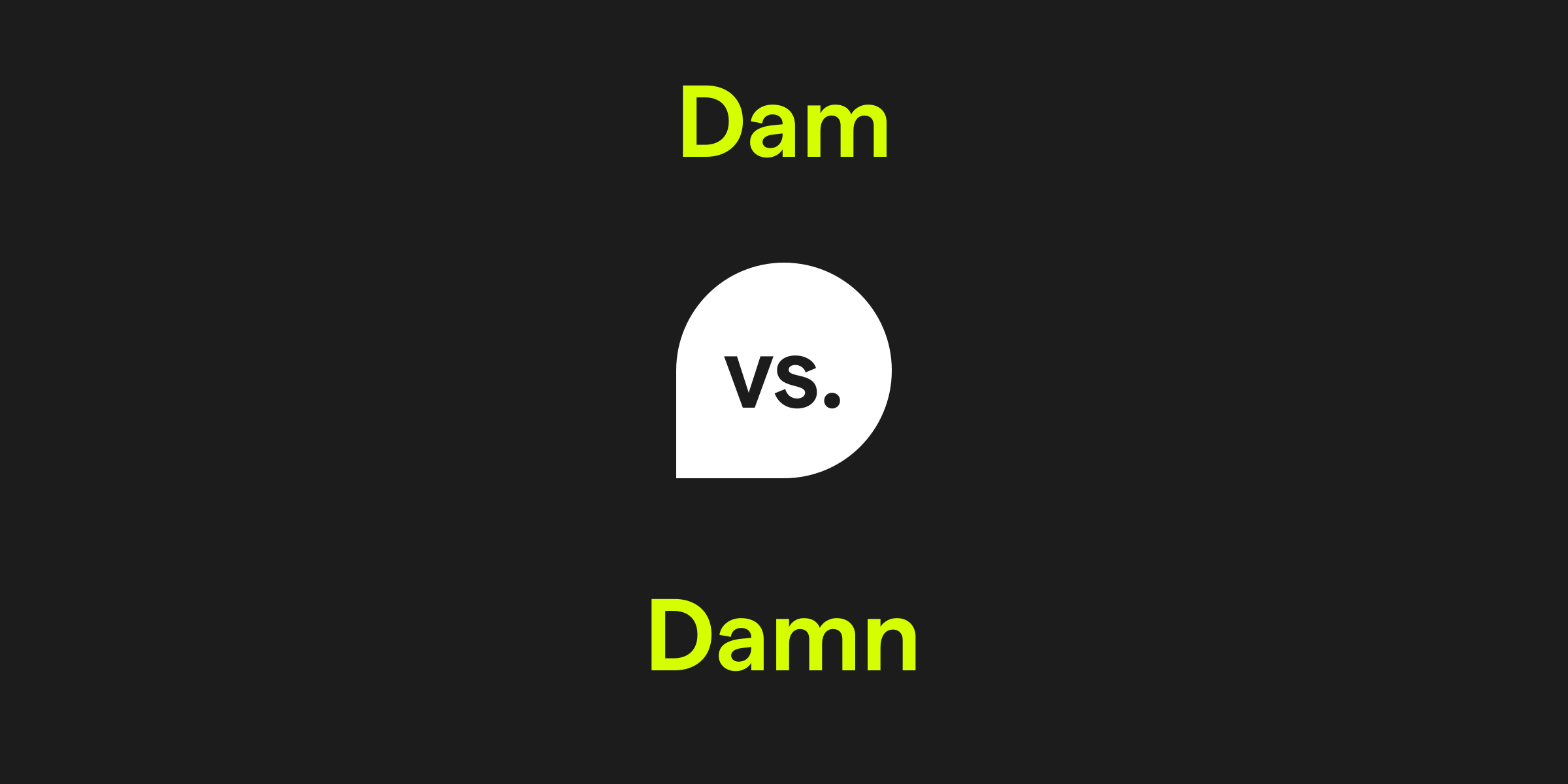Dam vs. Damn: What's the Difference?
The words dam and damn are often confused due to their similar spelling but they serve entirely different functions. Dam refers to a barrier constructed to hold back water and create a reservoir, commonly used in rivers to manage water flow or generate electricity. Damn, on the other hand, is a verb meaning to condemn or express strong disapproval, and it can also be used casually as an expletive to show frustration or disappointment.

How do you use the word dam in a sentence?
The word dam is used as a noun to describe a structure that blocks the flow of water, creating a reservoir or lake. Engineers often design dams to help with flood control, water storage for irrigation, and hydroelectric power generation. The presence of a dam can significantly alter the ecosystem and landscape of the surrounding area.
Examples of dam in a sentence
- The new dam will provide water for irrigation to the entire valley.
- Tourists flocked to the site to see the famous Hoover Dam.
- Wildlife experts are studying the impact of the dam on fish migration patterns.
How do you use the word damn in a sentence?
Damn is principally used as a verb to express strong condemnation or displeasure. In informal contexts, it can also be used as an interjection to express frustration, disappointment, or surprise. Because it can be offensive to some, cautious use is recommended, especially in formal settings.
Examples of damn in a sentence
- She damned the leaky faucet for causing her water bill to skyrocket.
- When he missed the bus, he couldn't help but mutter damn under his breath.
- The critics damned the film with scathing reviews.
Dam and damn definition, parts of speech, and pronunciation
Dam definition:
A dam is a constructed barrier that stops or restricts the flow of water or underground streams.
Dam parts of speech:
Dam pronunciation:
Dam is pronounced with a short 'a' sound, like in 'jam' (dæm).
Damn definition:
As a verb, damn means to criticize strongly or curse. As an expletive, it expresses frustration or anger.
Damn parts of speech:
Damn pronunciation:
Damn is also pronounced with a short 'a' sound, analogous to 'ham' (dæm), and is often pronounced identically to 'dam'.
A dam is a constructed barrier that stops or restricts the flow of water or underground streams.
Dam parts of speech:
- As a noun: The construction of the dam took four years.
Dam pronunciation:
Dam is pronounced with a short 'a' sound, like in 'jam' (dæm).
Damn definition:
As a verb, damn means to criticize strongly or curse. As an expletive, it expresses frustration or anger.
Damn parts of speech:
- As a verb: He damned his luck for ever thinking he could win the lottery.
- As an interjection: Damn, I forgot my keys!
Damn pronunciation:
Damn is also pronounced with a short 'a' sound, analogous to 'ham' (dæm), and is often pronounced identically to 'dam'.
Dam vs. Damn in a nutshell
While dam and damn are homophones in many dialects and share similar spelling, they have different meanings and usages. A dam is a noun that denotes a water-control structure, and damn is predominantly a verb or expletive with roots in condemnation. Though they are easy to confuse, context usually makes it clear which word is intended. Pronunciation is typically the same, but their functions in language are distinctly separate.
Get AI Writing Assistance Wherever You Type
Make sure your vocabulary is on point and every punctuation mark is in the right place, no matter where you’re working. Grammarly works across more than 1 million websites and apps so you can improve your writing without copying, pasting, or breaking focus.

More Commonly Confused Words
Interest piqued? Pore (not pour) over other commonly confused words to help your writing reach peak (not peek) performance.